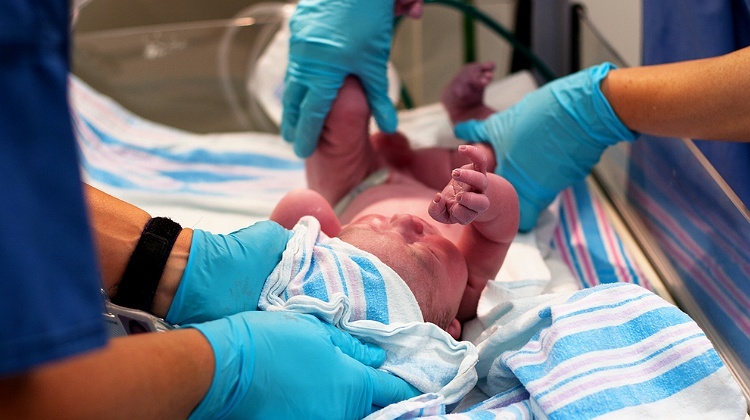 Neonatal nurses are specialists who work with newborn infants who are born with issues that require them to remain in the hospital for extended periods of time. Nurses can assist babies with a variety of health problems, including cardiac malformations birth defects, prematurity and infections. Although neonatal nurses tend to care for babies who have just been born, they can also look after infants who are experiencing long-term health problems related to their prematurity or illness after birth.
Neonatal nurses are specialists who work with newborn infants who are born with issues that require them to remain in the hospital for extended periods of time. Nurses can assist babies with a variety of health problems, including cardiac malformations birth defects, prematurity and infections. Although neonatal nurses tend to care for babies who have just been born, they can also look after infants who are experiencing long-term health problems related to their prematurity or illness after birth.
Work Settings of the NICU
A neonatal nurse may work within the neonatal intensive-care unit (NICU) in the following areas:
A Well Baby Nursery
A neonatal nurse provides routine medical care for healthy babies who were born close to their due dates.
A Special Care Nursery
This area is also referred to as a level-2 NICU, and it is where babies who have been born 32 weeks or greater are located. Neonatal nurses care for these babies who may require close monitoring or IV antibiotics.
A level-3 NICU
A neonatal nurse who works in this area provides the highest level of neonatal intensive care for babies born at all gestational ages. Among their duties are to provide respiratory support and deliver fluid to babies who are not able to take milk feeding’s.
Job Responsibilities
Neonatal nurses work with hospital physicians and paediatricians and are responsible for monitoring vital signs, ordering diagnostic tests, reading the initial results, and helping new mothers care for their special-needs newborns. These specialists may also give additional care to mothers and babies who have undergone caesarian section procedures.
How to Become a Neonatal Nurse
If you’re interested in pursuing a career as a neonatal nurse, the first step is to enroll in an accredited school of nursing. Professionals can obtain nursing education through three paths:
- A baccalaureate degree typically takes four years to obtain through enrollment in a college or university. Obtaining this degree will generally offer the greatest flexibility in your career path because most nursing specialities require not less than a bachelor’s degree.
- You can obtain an associate degree in two to three years at a junior or community college. Many entry-level nursing positions can be secured with an associate’s degree, but career advancement may require additional schooling.
- A diploma degree may be obtained through a hospital-based school of nursing. This path is less common than the previous two, but can give nurses hands-on training in hospitals and medical facilities, rather than traditional college settings.
Prospective students with a degree in another field may also be able to enroll in an accelerated program and obtain a Bachelor of Science in Nursing (BSN) or Master of Science in Nursing (MSN) degree. Students who pursue a career in advanced practice nursing will often need advanced education such as a master’s or doctoral degree.
Caring for newborns can be one of the most rewarding careers, as nurses are able to care for those without a voice. If you want to help make a difference in a child’s life today, make a commitment to earn your nursing degree and take one step toward becoming a neonatal nurse.










I didn’t know there were different levels of NICU. This was a career path my brother was considering a while back. He helped deliver quite a few babies and even a couple of his own kids. It’s actually not as much schooling as I thought it would be, but I honestly don’t know that much about the medical field. Thanks for the info.